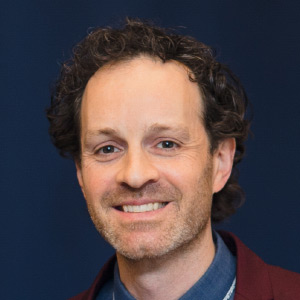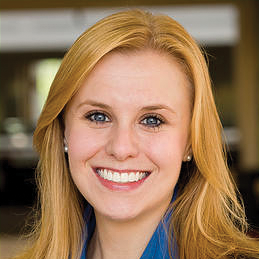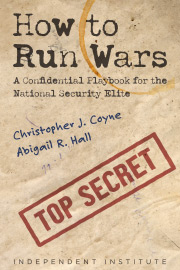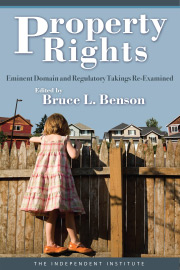As we observe Independence Day, you will see patriotic displays everywhere. U.S. flags, red, white, and blue clothing, patriotic décor, and calls to appreciate our freedoms will greet us in the news, in stores and restaurants, and even in our workplaces.
Some 67% of U.S. adults report being “proud” or “extremely proud” to be an American. U.S. citizens across generations report high levels of patriotism, as do immigrants.
Unfortunately, for many, patriotism is blind. Children in forty-seven states are taught to pledge allegiance to the flag every morning in school. Do they know what they are reciting or why? We’re conditioned to place our hands over our hearts for the national anthem, to stand for the flag, and so on without giving it any thought.
Nowhere is blind patriotism more apparent than in the realm of U.S. military and foreign policy. A majority of Americans say they trust the military. We are conditioned to thank members or veterans of the armed forces for their service regardless of how long they were in the military, whether they volunteered or were conscripted (as men were until 1973), what function they performed, and despite the fact that such platitudes make many veterans uncomfortable.
Failure to do these things is a grave offense. It’s even worse to question or criticize military policy.
What if one declined to thank a 30-year-old veteran for his time in the military, having familiarized oneself with the ample evidence that the Global War on Terror has done nothing to make us safer but instead has made us less safe and less free? What if instead one said, “Thanks, but no thanks,” considering that that the veteran willingly had enlisted and engaged in operations that eroded liberty and safety at home and abroad.
To many people, such a statement would be unconscionable. The very thought is taboo in many circles and would lead to the person being labeled “un-American” and “unpatriotic.”
Both of us have been sharply criticized for our skeptical work on U.S. foreign policy. After reading or hearing us speak, people have suggested we move to another country or be forced into military service. We’ve received emails and phone calls expressing outrage.
We submit, however, that the person who says “No thanks” to the veteran, like the person who openly criticizes U.S. officials and their policies, has a better claim to the “patriot” label than the people sending us angry emails or blithely thanking every veteran.
Just before World War I, writer Randolph Bourne distinguished country, state, and government. For Bourne, “country” referred to the nonpolitical aspects of a place and its people—things like language, culture, and ideals. “State” represented the group acting as a “repository of force.” “Government” denoted the mechanisms by which the state carried out its activities.
People have come to conflate these three things. State and government have become synonymous with country. This could lead them into blind patriotism by making it seem impossible to love one’s country while being skeptical of and even appalled by the state’s and government’s actions.
Our Founders understood the need to rationally question the government and the state, especially in warmaking. As James Madison noted, “Of all the enemies to public liberty, war is perhaps the most to be dreaded, because it comprises and develops the germ of every other.” He also said, “No nation could preserve its freedom in the midst of continual warfare.” Having studied the seen and unseen costs of U.S. foreign policy, we are well aware that many state actions not only fail to guard the liberties we hold so dear but actively erode them.
So, this coming holiday, as we prepare to celebrate our independence and our freedoms, let’s also embrace a healthy skepticism. We need a rational, not blind, patriotism. Our most cherished liberties depend on it.
















